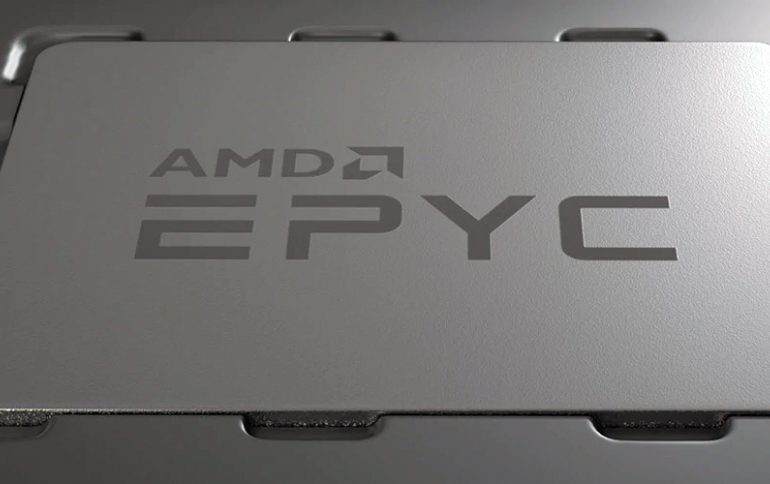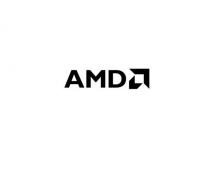
AMD Expands the EPYC Processor Portfolio
AMD is growing the EPYC processor family giving more performance choices for various workloads.
The 2nd Gen AMD EPYC processor was the first x86 server processor with 64 cores. Today, AMD is adding its fifth 64 core processor to the 2nd Gen EPYC stack with the AMD EPYC 7662. This processor is an entry point into the 64-core market, offering the same ‘Zen 2’ cores as one of the world’s fastest x86 server processors with the AMD EPYC 7H12, but at a lower cost point compared to other mainstream AMD EPYC 64 core processors.
The other new addition, the AMD EPYC 7532, is a high performance, 32 core processor with a total of 256MB of L3 cache, the same amount as the 2nd Gen EPYC 64 core processors. The AMD EPYC 7532 is great for cache sensitive workloads, like ANSYS CFX, giving each core access up to 8MB of L3 cache. AMD claims that on average across all ANSYS CFX benchmarks, the AMD EPYC 7532 has 111% better performance compared to the Intel Xeon 6248.
Model |
Default TDP (W) |
Cores |
Threads |
Base Frequency (GHz) |
Max. Boost Frequency (Ghz) |
L3 $ (MB) |
7662 |
225W |
64 |
128 |
2.0Ghz |
Up to 3.3Ghz |
256MB |
7532 |
200W |
32 |
64 |
2.4Ghz |
Up to 3.3Ghz |
256MB |
These two processors still have all the features of the 2nd Gen AMD EPYC processor family including 128 lanes of PCIe 4.0, support for up to 3200MHz memory and advanced security features.
Dell Technologies and Supermicro will be the first to support these two new processors. Both processors are available now on the Dell EMC PowerEdge R6515, R7515, R6525, R7525 and C6525 servers. Both processors are also available now on all Supermicro A+ servers, while the Supermicro “Big Twin” server supports the AMD EPYC 7532. HPE and Lenovo are expected to support these two new AMD EPYC processors in the coming months.





















